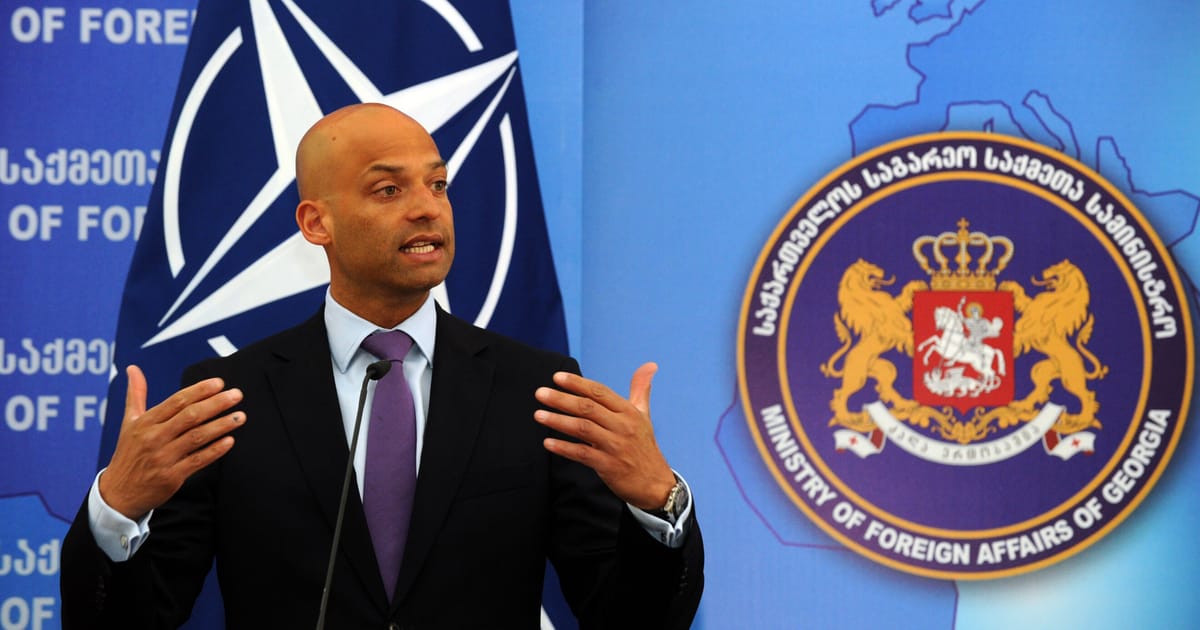Since its full-scale invasion of Ukraine in 2022, Russia has ramped up its campaign of so-called hybrid attacks — such as arson, cyber and information campaigns, or sabotage — throughout Europe.
Recent examples include the alleged cutting of energy and communications cables in the Baltic Sea, which German Defense Minister Boris Pistorius described as “sabotage.” In that case, as in many other examples of hybrid attacks, it is difficult for governments to quickly and definitively attribute the attacks to Moscow.
Pistorius warned earlier this month about the threat Russian President Vladimir Putin poses. “Putin is engaging in hybrid attacks, and Germany is particularly in focus,” Pistorius said in an interview with the Funke media group.
“He knows us well; Putin knows how to make pinpricks in us,” Pistorius said. “Ignoring this threat because it makes us uncomfortable will not make it smaller but rather larger,” he added.
Nordic countries have been on high alert due to warnings from European intelligence agencies about potential Russian sabotage of power cables, wind turbines and gas pipelines.
The number of these types of attacks has reached a level that would previously have been considered “utterly unacceptable,” NATO’s Appathurai said. “We can definitely count dozens. Up to 100 for sure. But then there’s a lot of foiled plots,” he said.
